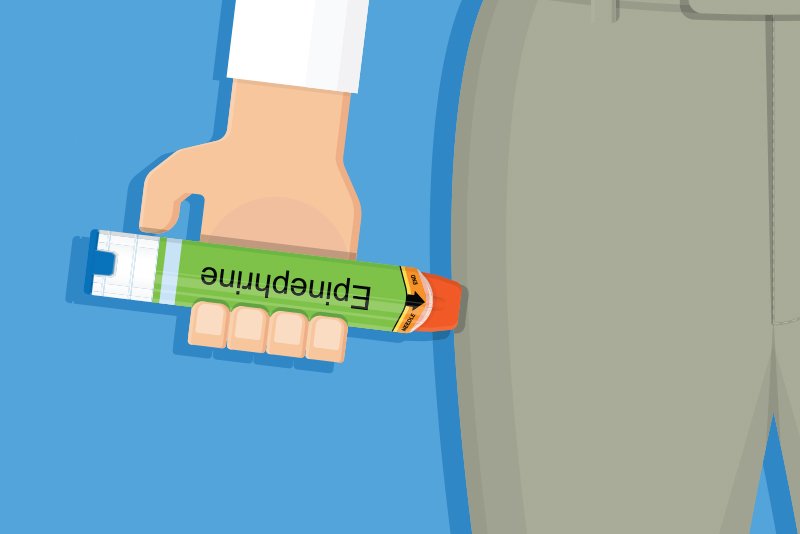If you suffer from allergies or anaphylaxis, there’s a high chance that you’ll need to carry an EpiPen or auto injector – but are they really necessary?
While diagnosed conditions associated with anaphylaxis are on the rise, the use of EpiPen’s in Australia has remained relatively stable. Due to a number of reasons, children in particular have been shown to discard them upon commencing high school. While some may grow out of linked allergies, most cases boil down to either peer pressure, minimising their exposure to bullying, less parental supervision, and even an increase in risk taking behaviours.
However, in order to fully comprehend the importance of an EpiPen, one must first understand what can potentially happen without one.
What Are EpiPen’s Used For?
EpiPen is the branded name of an auto injectable device that delivers epinephrine (or adrenaline) in the event of someone experiencing a severe allergic reaction; known as anaphylaxis. In severe cases, anaphylaxis can be fatal if not recognised and treated quickly.
Signs and symptoms of anaphylaxis include:
- Itching, hives, redness or swelling of the skin
- Throat tightness or swelling
- Swelling of the lips, tongue and throat
- Coughing, wheezing, trouble breathing
- Dizziness, disorientation or confusion
- Low blood pressure or hypotension
- Nausea, vomiting, diarrhea, abdominal cramps, loss of bowel movements
- Weakened pulse, increased heart rate, or loss of consciousness
The drug is delivered to combat the body’s allergic response, in order to increase blood pressure and decrease swelling. This then allows the muscles around the airways to relax, allowing the lungs to open up for oxygen flow. Administering epinephrine also stops the release of more allergic chemicals, pumping the brakes on a further allergic response.
What Causes Anaphylaxis?
Our immune systems are designed to produce antibodies in order to defend us against foreign substances or invaders. However, for some people this also means their bodies overreact to substances that shouldn’t be seen as a threat, triggering an allergic reaction.
Not everyone will experience the same level of allergic reaction – some may be susceptible to light itching from certain foods, whilst the same food may trigger complete anaphylactic shock in others. Some people are born with certain allergies, while others may present later on in life. Other factors to consider may include asthma, eczema or a family history of allergies.
For children in particular, the most common anaphylactic triggers are often linked to certain foods, which can often include fish, peanuts, certain fruits, shellfish and milk. In adults, other prompts can include certain medications like antibiotics or even aspirin, insect stings, or latex.
Do I Need An EpiPen?
While preventative measures are usually the most effective policy when it comes to severe allergic reactions and potential anaphylaxis – in the event of an emergency, having an EpiPen close by could quite literally save your life.
You know your own body better than anyone else, so speak to your doctor if you have suspicions in regards to allergens that have a negative effect on your health. From there, they are generally able to conduct a series of allergen tests to get to the bottom of what is specifically causing the reaction, along with the best course of treatment or medication – and if an EpiPen is required or not.
Online telehealth services like 13 Doctor can provide assistance in navigating symptoms, and provide access to a medical professional from the comfort of your own home. With appointments available seven days a week, making a conscious effort to stay on top of your health has never been easier.
